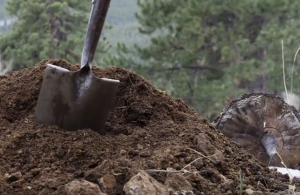The Bell Calls on Colorado Legislature to Invest in Child Care, Early Childhood Education
Money spent on children under age 4 have an enormous return on investment, including less reliance on social services later in life and an economic boost by allowing parents the time and ability to work.










